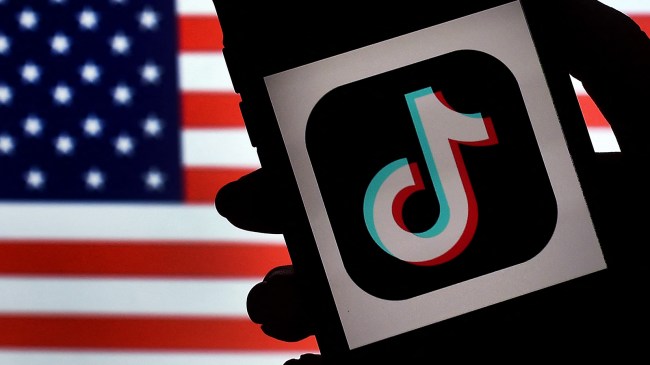Getty Image
TikTok is facing an existential threat courtesy of a new law that could lead to the platform being banned in the United States. However, it’s not going down without a fight.
It’s been around seven years since ByteDance, the Chinese company behind TikTok, launched the app in international markets, and it didn’t take long for it to become the hottest new thing in America’s internet streets.
As things currently stand, YouTube, Facebook, and Instagram are still more popular than TikTok in the United States. With that said, the social media platform boasts around 170 million American users and is far and away the posting outlet of choice for members of the country’s younger generations.
However, the old people who largely comprise the Senate and House of Representatives at the federal level have spent the past few years scrutinizing TikTok thanks to its links to China (and, in turn, the country’s government). American security experts have expressed concerns about how user data could be harnessed, which led to sweeping bans concerning its use on government-owned devices.
Earlier this year, the situation escalated courtesy of H.R.7521—a bill dubbed the “Protecting Americans from Foreign Adversary Controlled Applications Act”—which “prohibits distributing, maintaining, or providing internet hosting services for a foreign adversary controlled application” and was designed with TikTok in mind.
In March, the bill sailed through the House of Representatives before being passed by the Senate, and on April 24, Joe Biden signed the law that gave ByteDance a year to sell TikTok to another company to avoid being banned in the United States.
The company promised to fight the law in court, and according to The Washington Post, it has followed through on that pledge by filing a petition for review that asserts it amounts to a violation of the First Amendment, saying:
“Banning TikTok is so obviously unconstitutional, in fact, that even the Act’s sponsors recognized that reality, and therefore have tried mightily to depict the law not as a ban at all, but merely a regulation of TikTok’s ownership.”
The filing also claims there’s no realistic way for it to find a new buyer, stating it is “simply not possible: not commercially, not technologically, not legally.”
This likely marks the start of what will be a lengthy legal battle that seems destined to make its way to the Supreme Court at some point, but we’ll just have to wait and see how the situation plays out.

